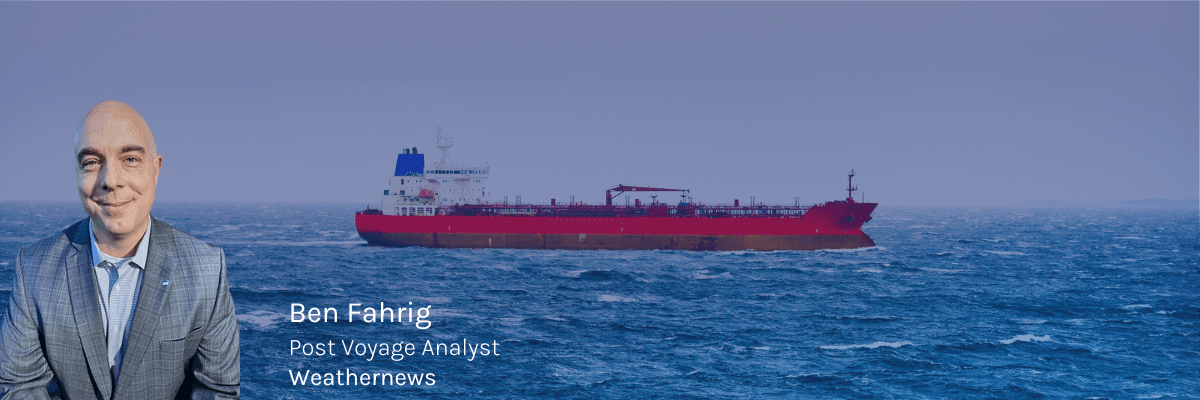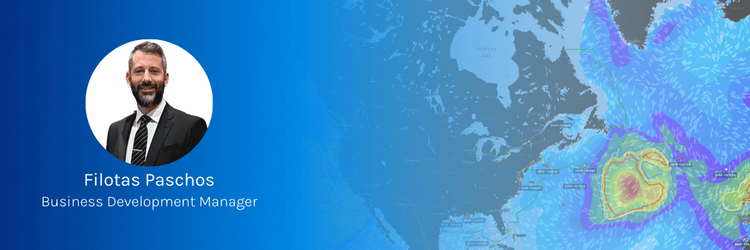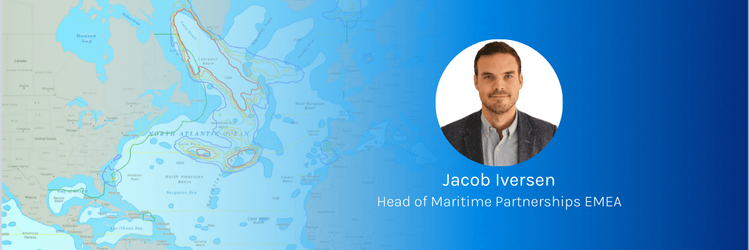Charter-party disputes can be costly and time-consuming, but historical weather data offers an objective way to resolve and even prevent them.
Ben Fahrig, Post Voyage Analyst at Weathernews, shares insights on how historical weather data strengthens dispute resolution between owners and charterers—helping prevent costly conflicts before they arise. This expertise also helps prevent disputes from arising in the first place, saving significant time and resources for maritime stakeholders.
Why Historical Weather Data Matters in Charter-Party Disputes
Resolving and preventing charter-party disputes between shipowners and charterers is crucial for maintaining smooth maritime operations and preserving valuable business relationships. One versatile tool available to all parties, including arbitrators, is historical weather data. Understanding how this data is gathered and applied helps stakeholders manage vessel performance expectations more effectively and mitigate conflicts.
Sources of Historical Weather Data
Historical weather data comprises observational and analytical information collected over time from:
- Satellites – Provide comprehensive global coverage and detailed weather insights.
- Ocean buoy networks and weather stations – Deliver localized atmospheric and sea condition data.
- Vessel noon reports – Contributing real-time observations through programs like the Voluntary Observing Ship (VOS) initiative.
Modern forecast models improve weather analysis and forecast accuracy by integrating AI and machine learning. Weathernews, for example, processes data from over 6,500 voyages per month, analyzing more than 600,000 emails and 300,000 ship reports, along with AIS data from 70,000 vessels.
Using Historical Weather Data to Resolve Disputes
Charter-party agreements often include clauses defining acceptable weather conditions and vessel performance standards. Disagreements arise when shipowners and charterers interpret weather impacts differently. Historical weather data helps clarify such disputes by providing:
- Objective verification of weather conditions – Reliable records that replace subjective or disputed noon reports.
- Vessel performance benchmarking – Analyzing if a vessel underperformed due to adverse weather or operational inefficiencies.
- Detailed weather records for arbitration – Independent reports used alongside traditional deck logs in legal proceedings.
How Historical Data Supports Arbitration
Recent arbitration cases in London have increasingly relied on high-resolution weather data from independent sources, moving beyond subjective noon reports. Unlike noon reports, which provide limited daily observations, high-resolution weather data offers three-hourly or even hourly updates, creating a clearer picture of voyage conditions. This level of detail has proven invaluable in arbitration, providing impartial evidence that supports fair and informed awards.
Preventing Disputes Before They Arise
Beyond resolving conflicts, historical data can proactively prevent disputes by:
- Enhancing voyage planning – Helping shipowners and charterers set realistic performance expectations based on historical weather patterns.
- Supporting real-time decision-making – Allowing adjustments mid-voyage to mitigate performance impacts.
- Improving contract negotiations – Using past performance trends to establish fair charter-party terms.
Advanced tools like Weathernews' CP Simulator enable stakeholders to simulate different charter-party conditions under various weather scenarios, reducing the risk of unforeseen conflicts.
Leverage Historical Weather Data for Smarter Maritime Decisions
Historical weather data is now an essential tool in the shipping industry for resolving and preventing charter-party disputes. It provides a reliable, objective record of past weather conditions, enabling shipowners, charterers, and arbitrators to make more informed decisions, validate claims, and negotiate fairer terms. This data helps stakeholders understand the impact of weather on vessel performance, fostering clearer discussions and reducing the potential for conflicts.




